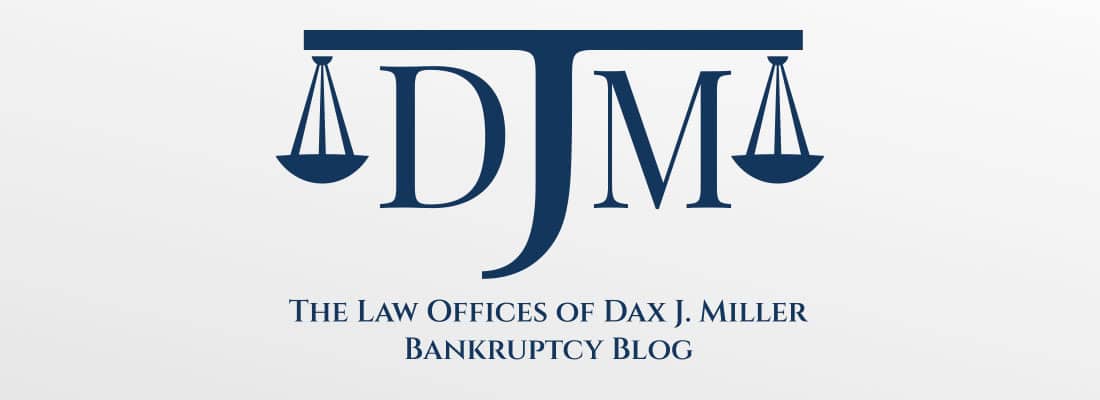Chapter 13 Bankruptcy Claims Process
Chapter 13 Bankruptcy Claims Process
Chapter 13 Bankruptcy is reorganization bankruptcy. It allows one to obtain the protection of the bankruptcy code in order to restructure one’s debt in a more manageable, affordable way. Clients file Chapter 13 Bankruptcy for a number of reasons. Some file to save a house or car from repossession or foreclosure. Some file to reorganize state or federal tax debt. Others file to reorganize credit cards, collections, medical bills and even student loan debt.
How Do My Creditors Know I Filed Bankruptcy?
When your attorney creates your bankruptcy petition, the Bankruptcy Code requires you to list each creditor to which you might owe money. Then, once we file your case, the Bankruptcy Court sends out notices to to each of your creditors informing them of the bankruptcy. The notice contains your name, address and social security number to better assist the creditor in identifying your account.
Claims Deadline
This notice also gives the creditor a specific deadline by which it must file a claim in your case. This deadline is 70 days from the date of your case was filed. However, governmental units (IRS, Indiana Department of Revenue, etc.) are permitted a full 180 days from the date your case was filed. So – 180 days from filing for the government and 70 days from filing for everyone else.
Objecting to Claims
After the claims deadline passes, the Chapter 13 Trustee and your attorney have the opportunity to review each claim. Each claim must comply with the Bankruptcy Code in order to be deemed a valid, payable claim. If a claim does not comply with the Bankruptcy Code, both the Chapter 13 Trustee and your attorney can object to it. The objection must cite with specificity the reason why the claim is invalid. If the creditor fails to respond to the objection within 30 days, the Court will rule in your favor.





